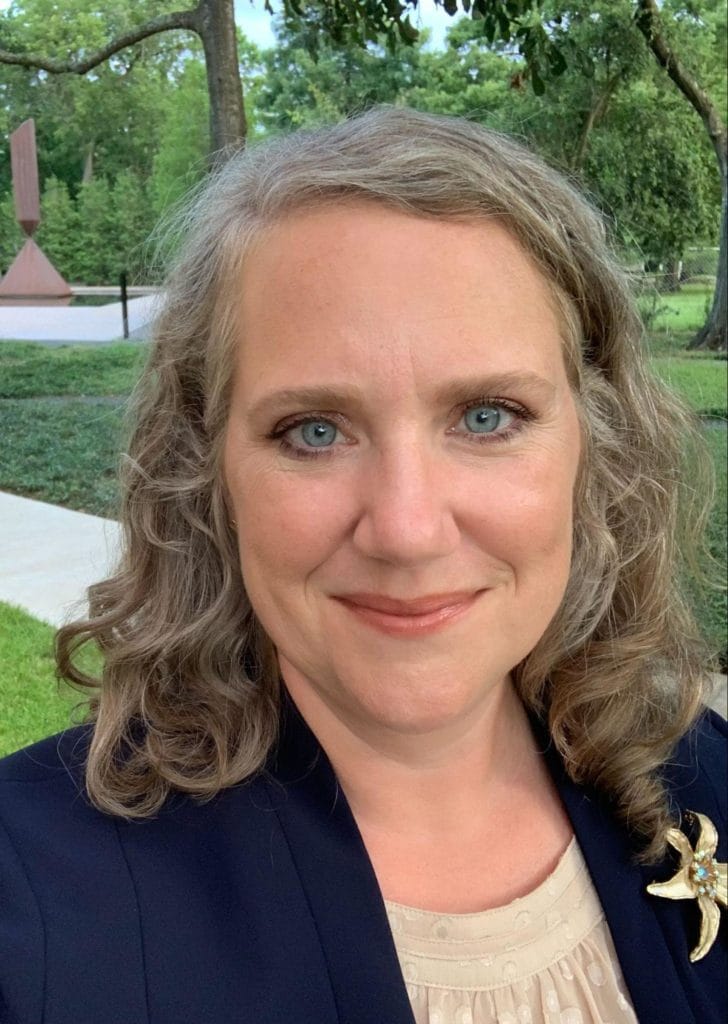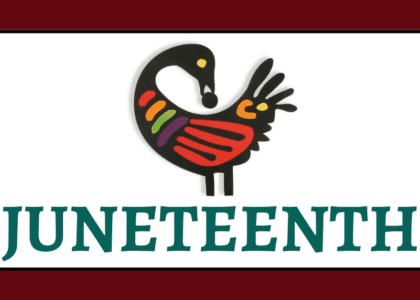By Laura Mayo
The Revised Common Lectionary is on a three-year rotation, and each year the first Sunday of Advent is an apocalyptic Gospel reading. Year A is Matthew 24:36-44. It begins, “But about that day and hour no one knows, neither the angels of heaven, nor the Son, but only the God. For as the days of Noah were, so will be the coming of the Son of Man.” Year B is Mark 13:24-37: “But in those days, after that suffering, the sun will be darkened, and the moon will not give its light, and the stars will be falling from heaven, and the powers in the heavens will be shaken…But about that day or hour no one knows, neither the angels in heaven, nor the Son, but only God. Beware, keep alert; for you do not know when the time will come.” And then there’s year C: Luke 21:25-36: “There will be signs in the sun, the moon, and the stars, and on the earth distress among nations confused by the roaring of the sea and the waves. People will faint from fear and foreboding of what is coming upon the world….”
Instead of angel choirs and baby coos, the first Sunday of Advent confronts us with the uncertainty and violence of human history—signs of dread, floods, earthquakes, and “distress among nations,” that cause people to “faint with fear.” This is much more Apocalypse Now than The Best Christmas Pageant Ever. The twentieth century Christian leaders who helped to create the lectionary were drawing comparisons between the in-breaking of God through the birth of Jesus, God-with-us, and other in-breakings of God that the future might hold.
For many Christians, texts like these have led to an obsession with books like The Late Great Planet Earth or the Left Behind series where images of world’s end are as terrifying as the behavior they inspire in the here and now: behavior that fluctuates between doing nothing about catastrophic climate change and working hard to convert your friends and neighbors before it’s too late.
I wonder if there isn’t something here that deserves our attention. It seems to me that perhaps there is nothing more serious. How we understand these words from our sacred stories determines if we see our faith as seeking to redeem the world or to escape from it.
Beliefs about the end times generate fear, which provides fertile soil for manipulation. This manipulation has been co-opted into a powerful political movement in the Christian Right over the last thirty or forty years. Diana Butler Bass in her article “Progressives, Advent, and the End of the World” notes that the Christian Right’s use of end-time beliefs has resulted in “a careless disregard for the planet, the poor, and peace.” Nevertheless, the recent escape theme has taken hold of many: the idea that the world is coming to an end but that the “right” Christians will escape the coming calamity.
But is escape really what’s going on in these apocalyptic passages? Look at the first Sunday of Advent reading from Matthew: “But about that day and hour no one knows, neither the angels of heaven, nor the Son, but only the Father. For as the days of Noah were, so will be the coming of the Son of Man. For as in those days before the flood they were eating and drinking, marrying and giving in marriage, until the day Noah entered the ark, and they knew nothing until the flood came and swept them all away, so too will be the coming of the Son of Man. Then two will be in the field; one will be taken and one will be left. Two women will be grinding meal together; one will be taken and one will be left. Keep awake therefore, for you do not know on what day your Lord is coming. But understand this: if the owner of the house had known in what part of the night the thief was coming, he would have stayed awake and would not have let his house be broken into. Therefore you also must be ready, for the Son of Man is coming at an unexpected hour” (Matthew 24:36-44).
Are the ones who are taken the ones who are saved? That’s what’s been assumed, especially lately, but that’s not what it says. In the reference to Noah and the flood, it’s the people who are swept away and taken who are the ones who perish. The ones who stay, the ones on the boat, are the ones who are saved. “They knew nothing until the flood came and swept them all away, so too will be the coming of the Son of Man.” You don’t want to be swept away by the flood. You want to be left behind. The owner of the house wants to be awake when the thief comes; wants to be ready, not off somewhere asleep.
In the next chapter of Matthew, we read the story of the bridesmaids. Perhaps you will remember that some of them did not bring enough oil for their lamps. They leave and while they are gone, the bridegroom comes. They were gone, and they missed him. The bridesmaids who stayed put were there to greet the bridegroom with lamps burning brightly. You want to be present, not spirited away.
Maybe it is not about escape at all! The ones who are left are left to do the work, the work of salvation. The word apocalyptic makes me think of A Clockwork Orange and 12 Monkeys. It conjures memories of youth camp and fear-mongering imaginings about the end times. I think of things like the mark of the beast and the four horsemen, warfare. Apocalypse makes me think of nothing pleasant. It conjures nothing of hope and love and care.
But the word apocalypse is a Greek word that translates most literally as “an uncovering.” In the context of religious texts like the Bible, the word is most often used in relation to a holy disclosure of information or knowledge, usually through some sort of prophetic dream or vision. An apocalypse provides insight; it uncovers divine truth.
In 2016, American author and social activist, Adrienne Maree Brown, wrote the following in reference to racial injustice and the Black Lives Matter movement: “Things are not getting worse, they are getting uncovered. We must hold each other tight and continue to pull back the veil.” This is not about escape. It is about uncovering. It is about being left behind to do the work to reveal injustices. Things are getting uncovered. Let’s hold each other tight and pull back the veil.
James Baldwin said it this way: “Not everything that is faced can be changed, but nothing can be changed until it is faced.” We need an apocalyptic Advent. Not the kind we think of in modern culture, but a biblical uncovering—a revelation. There are plenty of reasons to despair. We could let exhaustion keep us from even making an effort. But Jesus begs us to notice that there is work to be done and to join in the work.
This promised future is here and now. If we are awaiting a reign of peace, let’s create it. If a storm is coming, let’s build an ark. If a thief is coming, we cannot sleep on our watch. If guests are coming, let’s trim the candles. If we are looking toward an unrealized horizon for a realm of justice, the horizon is here. Justice is ours to make. If we are begging “Come Lord, Jesus,” perhaps it’s time to hear, “I am with you always” (Matthew 28:20).
It is not about escape but perhaps it is about who’s left to do the work. We are here. The work is ours to do. Advent speaks these words to us just as it spoke them to those so long ago who grew weary, who longed for escape: Watch. Keep awake! Do the work of hope, peace, joy, and love.
Perhaps we are not poised on the cusp of some new time, some new dispensation, some eschatological movement. Perhaps we are poised instead to see the in-breaking realm of God’s justice and peace each day, each moment. As co-workers with God, there is much to do.

Rev. Laura Mayo is the Senior Minister of Covenant Church in Houston, Texas. She is a graduate of Carson-Newman College in Jefferson City, Tennessee and Wake Forest University Divinity School in Winston-Salem, North Carolina. Laura is active in Houston interfaith work and is regularly published in the Houston Chronicle and Baptist News Global. Laura has served on the board of the Alliance of Baptists.




Recent Comments